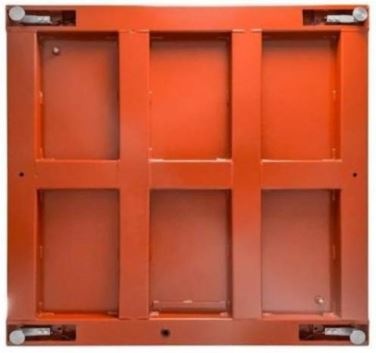The Weighty Issue of Waste: Scaling Up Solid Waste Management
Garbage and waste have long been persistent challenges for modern societies. As our communities continue to grow, so does the amount of waste we generate. Proper management and transportation of solid waste are crucial for maintaining environmental sustainability and public health. One of the key tools in this endeavor is the use of scales to… Read More »
